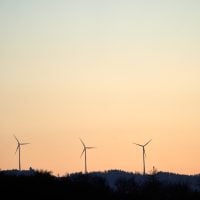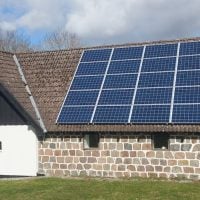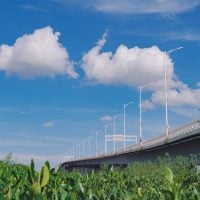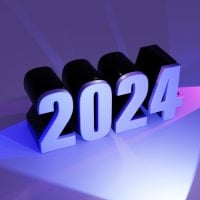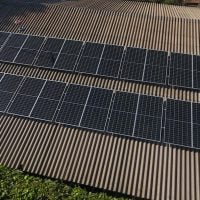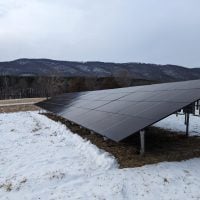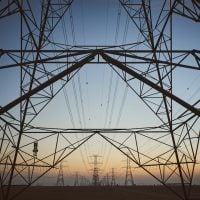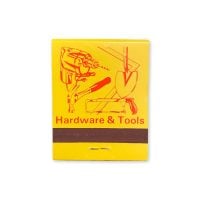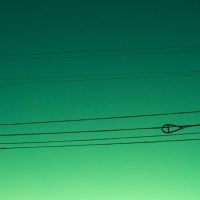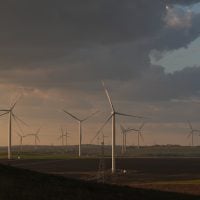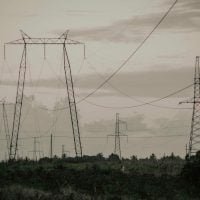Deadline: 07-Sep-2025
The International Union for Conservation of Nature (IUCN), through its BRIDGE Phase 5 Programme, has launched a call for proposals inviting rapid action projects to strengthen women’s leadership in freshwater governance and management.
The focus is on women leadership grants, with the objective to support women-led solutions linked to freshwater ecosystem management and restoration. This component is aimed at individuals, civil society organisations, non-governmental organisations or women’s groups. These grants fall under outcomes 1 and 3 of BRIDGE: focusing on women-led initiatives and enterprises to conserve, manage and restore freshwater ecosystems and improve livelihoods.
The grants are intended to empower women champions and organisations engaged in recognising the important role of women as stewards of freshwater resources and ecosystems, including their contribution to community well-being. By providing this support, the initiative aims to remove barriers to participation while enhancing leadership opportunities and visibility for women in water governance.
The total financial envelope available for the BRIDGE Women Grants is CHF 175,000, with individual women leadership grants amounting to a maximum of CHF 10,000. Co-funding is not required, and projects should last no longer than nine months. Successful projects are expected to begin by October 2025 following the signing of agreements.
Eligibility extends to non-profit and for-profit women-led enterprises, civil society organisations, NGOs, women’s groups, and cooperatives with relevant track records in freshwater ecosystem conservation and management. Priority is given to applicants based in eligible countries and basins listed under Annex 1 of the guidelines.
Applications must clearly demonstrate activities that strengthen women’s roles in freshwater resource management, including conservation, restoration, and livelihood improvement initiatives. Proposals are also encouraged to showcase community-based approaches and sustainable, long-term outcomes.
For more information, visit IUCN.

